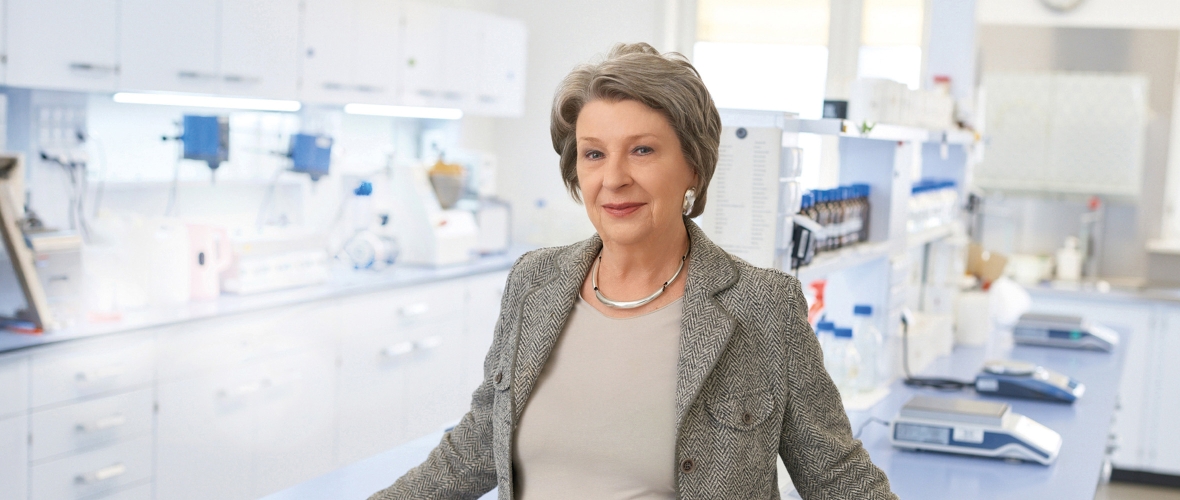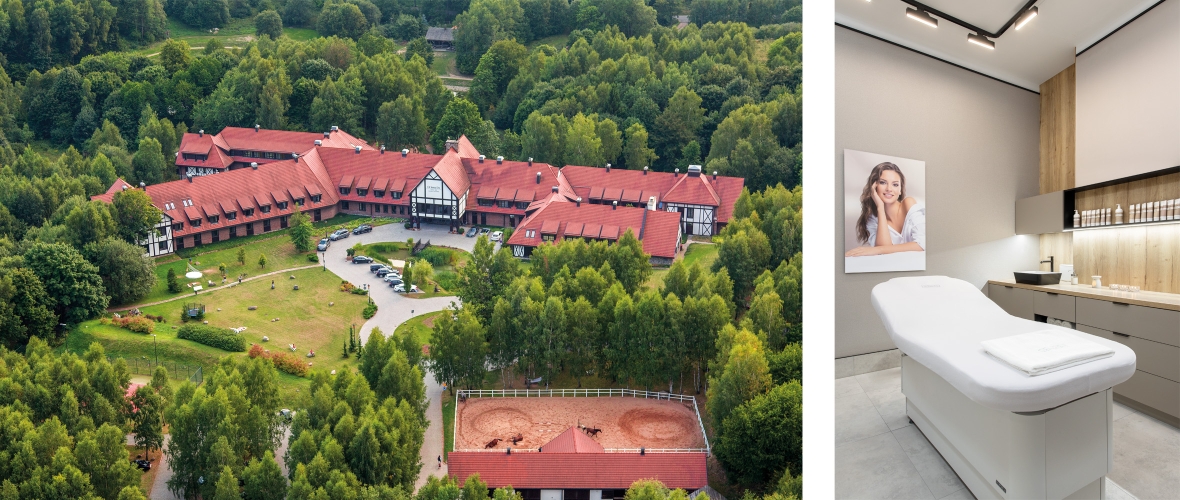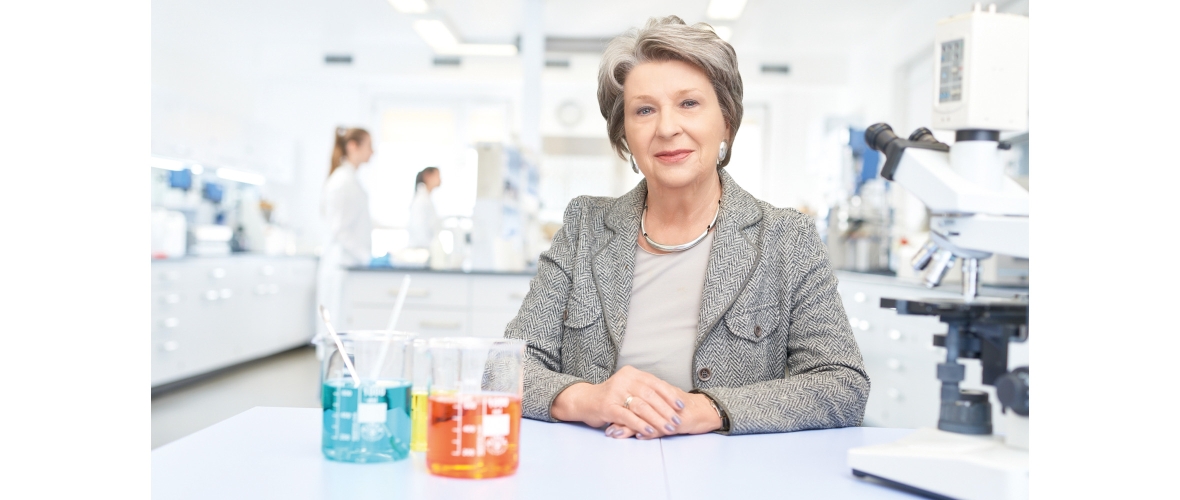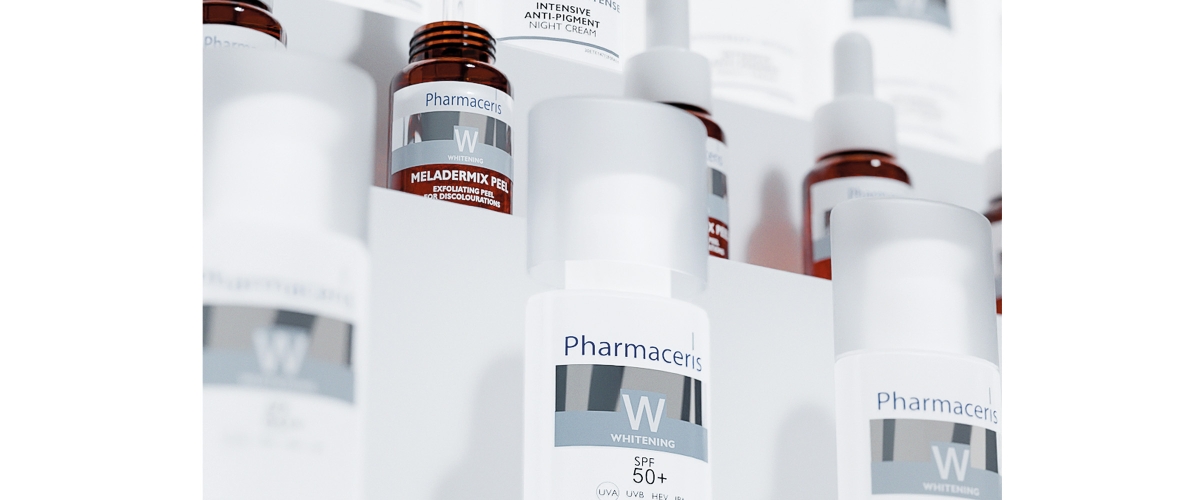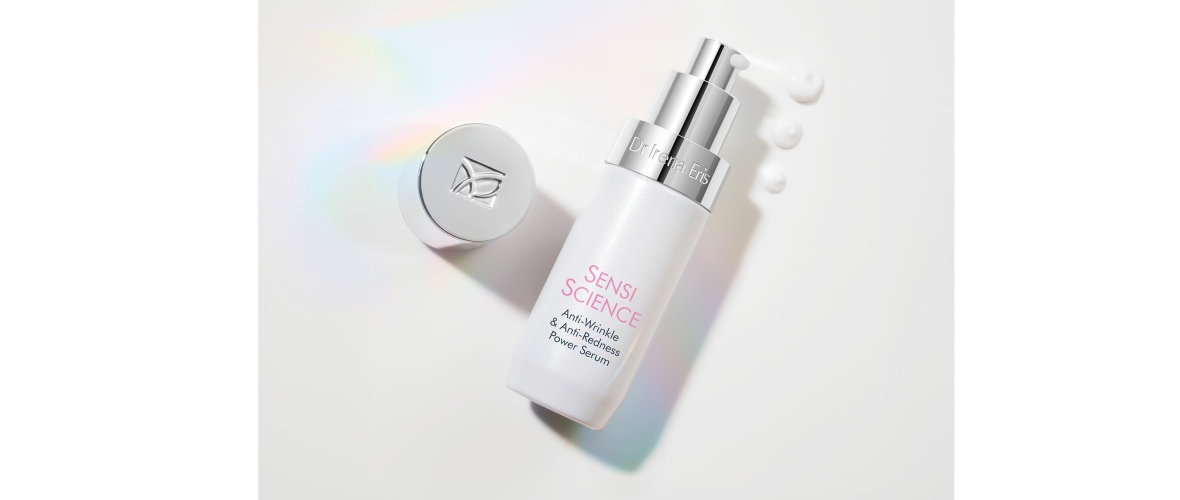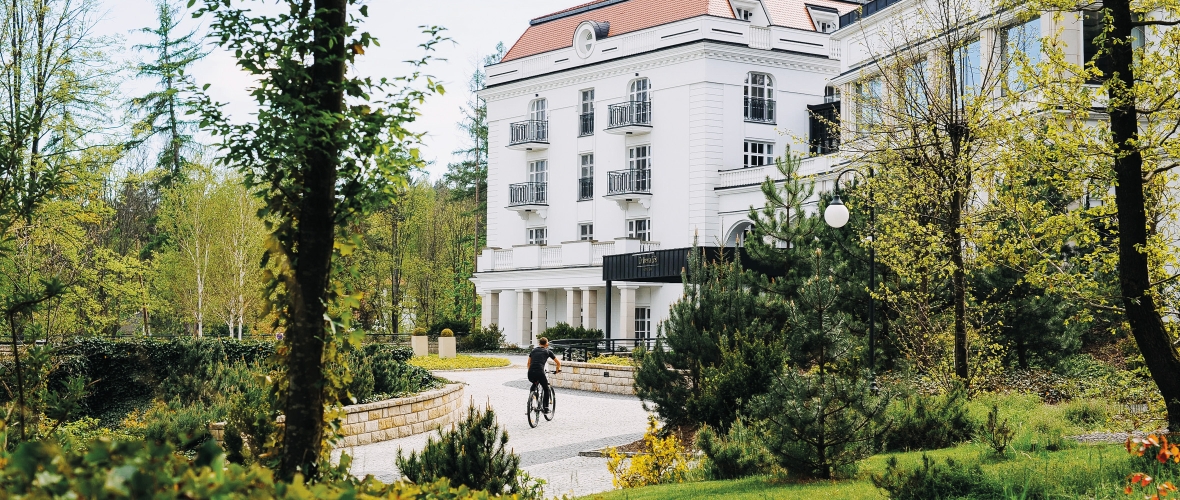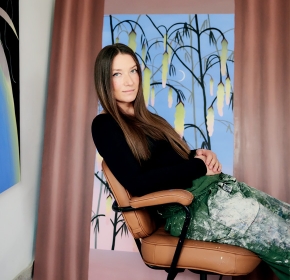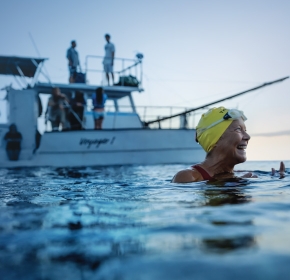How can one ensure that work remains satisfying for so many years?
By not thinking of it only as work, but as a mission, a journey, a life project. Of course, there are moments of fatigue, frustration, and difficult decisions. But if you know why you are doing it and that it has meaning, satisfaction comes naturally. For me, the greatest satisfaction did not come from awards or rankings, but from moments such as when a woman said to me, “Thank you, your cream really helped me” or when, after 20 years of working together, one of my colleagues said, “I feel that I am growing here”. That kind of reward cannot be bought.
A turning point in your career, company, or business was...?
One of the most pivotal moments was the creation and development of our Centre for Science and Research. From the beginning, I believed that science was the key to the effectiveness of cosmetics, but it was only after opening our own research facility that we were able to conduct advanced studies and implement innovations at a world-class level. Another important step was the inclusion of the Dr Irena Eris brand in the elite French club of luxury brands – Comité Colbert. That was confirmation that a Polish brand can become part of the global premium market and compete with the largest companies. A significant moment was also the decision to develop the SPA Hotels segment. That was when we understood that the Dr Irena Eris brand can offer more than cosmetics – it can create a holistic beauty experience combining skincare, relaxation, and science.
You are listed among the most influential women in Poland. You have created one of the most recognisable brands in the country. What are your dreams today?
I used to dream of having my own laboratory – today, I have it. Then I dreamed of creating a place where women could find peace – and we opened our SPA Hotels: Krynica-Zdrój [for guests over the age of 12 – editor's note], Wzgórza Dylewskie, and Polanica-Zdrój. All three recently obtained the international Green Key certificate - one of the most recognized distinctions in the sector of sustainable tourism. Today, I dream that the company we have built will remain true to its values. That in a world which is changing, becoming increasingly technical, with somewhat shallowing relationships, the Dr Irena Eris brand will continue to be a synonym for genuine beauty, science, and trust.
What would you say to a young person who wants to become a successful individual? What would you say to Irena Eris, 30 years younger?
I would say: “Pursue your dreams, be patient, and do not be afraid to take risks”. When I started, everything seemed to be a huge challenge – difficulties in obtaining raw materials, lack of capital, and no business experience. Today, I know that it was worth consistently following my own path, not looking at others, and not being afraid to make difficult decisions.
